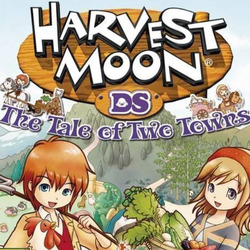
Harvest Moon: The Tale of Two Towns
"Harvest Moon: The Tale of Two Towns" is a classic farm simulation RPG.
Game Details:
"Harvest Moon: Tale of Two Towns" is a title in the Harvest Moon series developed by Marvelous and published by Natsume on the NDS and 3DS platforms. The game is set between two adjacent but opposing villages: Konohana (an eastern-style village known for crop cultivation) and Bluebell (a western-style village known for animal husbandry). Players can freely choose one village to start their farm life.
The game still revolves around core gameplay like planting, raising animals, cooking, mining, fishing, marrying, and having children. It also introduces a new "cooking competition" system, where the player's village competes with the opposing village every week, affecting village friendliness and plot development. Through the results of the competition and individual efforts, players can help bring the two villages to a final reconciliation.
The game supports multiple romanceable characters with diverse character styles, each with their own preferences and storylines. The operating system is significantly optimized, with a concise interface and clear guidance, making it easy for both new and veteran players of the series to get started.
Editor's Recommendation:
"Tale of Two Towns" can be said to be one of the most interactive and strategic works in the Harvest Moon series. Besides managing the farm, the cultural differences and interactive tasks of the two villages greatly enhance the game's immersion and replayability. Whether you choose Konohana or Bluebell, the lifestyles and challenges of each village are completely different, full of exploration fun. At the same time, the game's interpersonal relationship system is also very well-developed, with distinct character settings and rich romance and marriage elements. If you like relaxing and growth-oriented life simulation games, this title is worth a try.
Game Guide:
In "Tale of Two Towns," players must initially choose one village between Konohana (good at crop cultivation) and Bluebell (good at animal husbandry) as their residence, which will affect your initial business direction and farm configuration. If you prefer farming and crop breeding, it is recommended to choose Konohana; if you like raising chickens, cows, and making dairy products, Bluebell is more suitable for you.
Although you can only settle in one village at first, players can unlock the "moving" function later through the plot, allowing them to switch freely between the two villages, so there's no need to worry about missing content. It is recommended to focus on developing the characteristics of your village in the early stages and participate in the weekly "cooking competition" to improve village goodwill, which helps unlock more plots and rewards.
In terms of daily management, it is key to reasonably allocate stamina and time. Early farming tools have limited upgrades. It is recommended to prioritize upgrading the watering can and hoe to improve crop efficiency. For animals, improving intimacy and health can increase production value. Talking to animals frequently, brushing their fur, and feeding them quality feed can effectively improve their production level.
Festival events and conversations with residents help improve friendship and romance progress. Learn more about the villagers' birthdays and preferences. Giving gifts and participating in festival activities every day can speed up the marriage process. It is recommended to decide on a target romantic partner as soon as possible, concentrate on improving intimacy, and avoid scattering resources.
Arrange indoor activities (such as cooking and handicrafts) on rainy days and holidays to ensure growth and income every day. In the later stages, be sure to complete the bridge repair task to open up the free traffic route between the two villages and further improve the freedom of exploration and the richness of gameplay.
User Reviews
RPG Related Retro Games
More
Pokémon FireRed
Game Boy Advance

Pokémon Red
Game Boy Advance
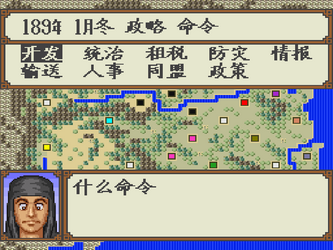
Yokoyama Mitsuteru's Sangokushi
SNES
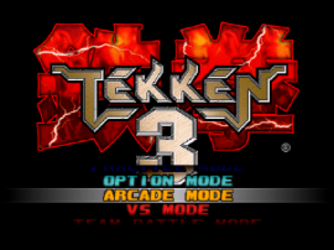
Tekken 3
Playstation
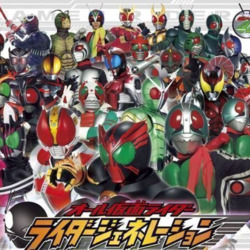
All Kamen Rider: Rider Generation
Nintendo DS

Ultraman
Arcade

Gyakuten Saiban
Game Boy Advance

Pokémon: Team Rocket Edition
Game Boy Advance

Pokémon Blue
Game Boy Advance

Inazuma Eleven
Nintendo DS

Pokémon Diamond
Gameboy | Color
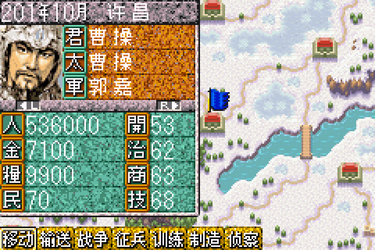
Sangokushi
Game Boy Advance
Simulation Related Retro Games
More
Theme Hospital
MS-DOS

Sangokushi
Game Boy Advance

Pokémon Platinum Version
Nintendo DS
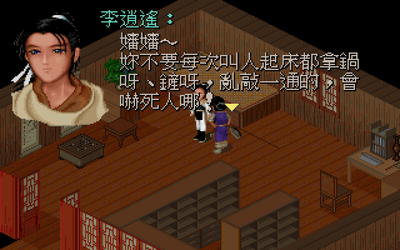
The Legend of Sword and Fairy
MS-DOS
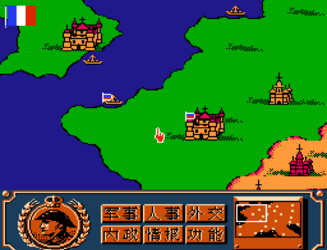
Napoleon's War
NES / Famicom
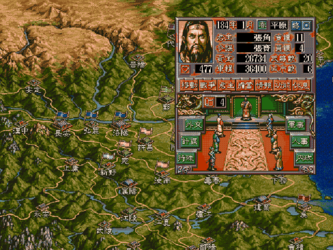
Romance of the Three Kingdoms V
MS-DOS
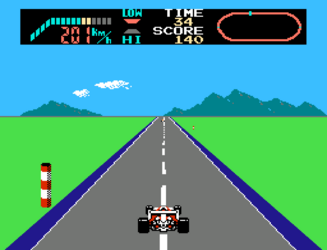
F1 Race
NES / Famicom

F1 Manager
MS-DOS
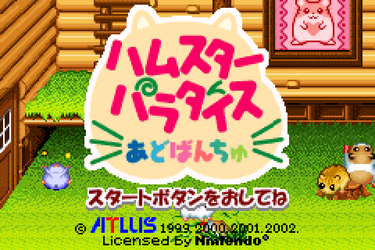
Hamster Paradise Advanchu
Game Boy Advance
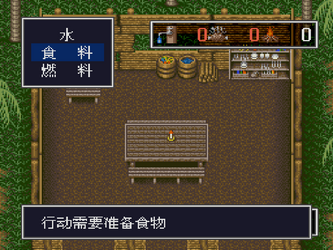
Mujintou Monogatari
SNES
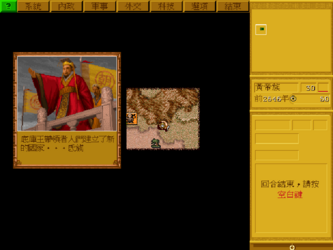
China
MS-DOS
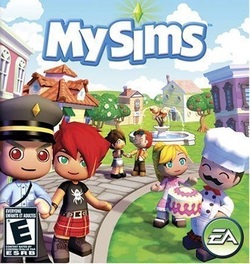
MySims
Nintendo DS
Casual Related Retro Games
More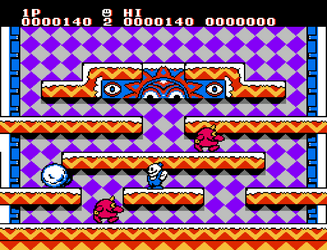
Snow Bros.
NES / Famicom
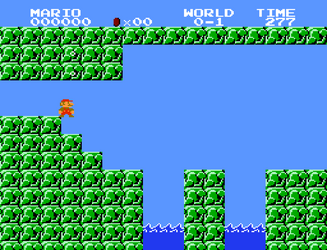
Super Mario Bros.
NES / Famicom

Rhythm Tengoku
Game Boy Advance
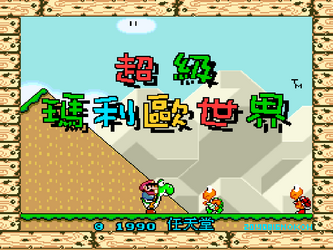
Super Mario World
SNES
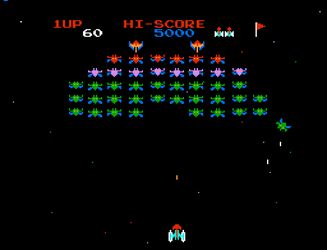
Galaxian
NES / Famicom
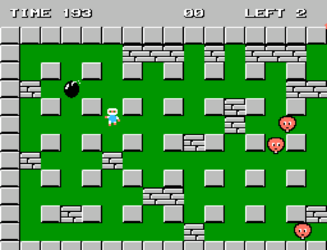
Bomberman
NES / Famicom
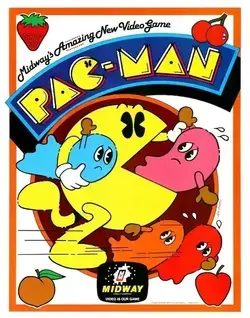
Pac-Man
Arcade
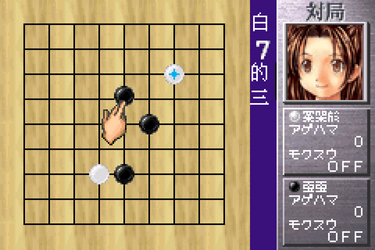
Hikaru no Go
Game Boy Advance
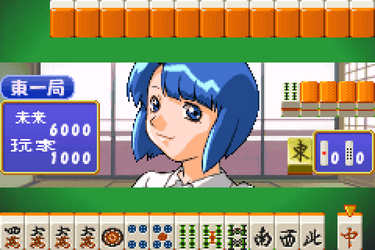
Super Real Mahjong Dousoukai
Game Boy Advance
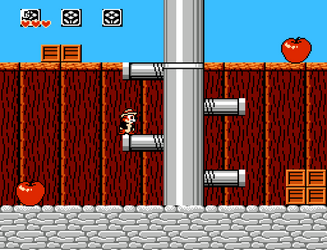
Chip 'n Dale: Rescue Rangers
NES / Famicom
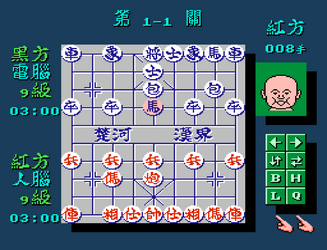
Chinese Chess
NES / Famicom
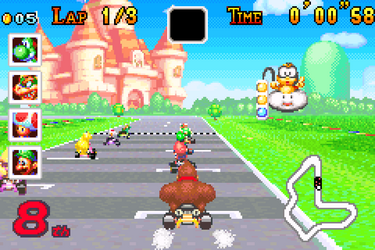
Mario Kart: Super Circuit
Game Boy Advance